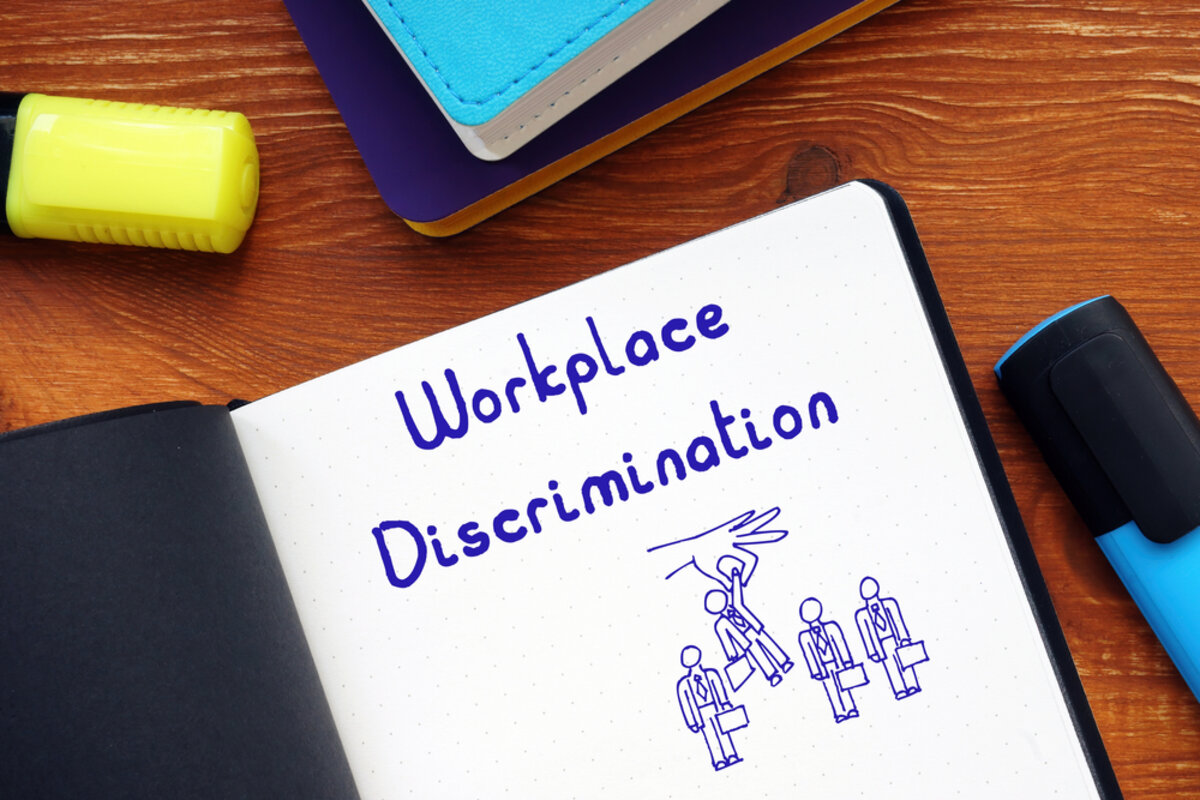In a landmark ruling on April 17, 2024, the United States Supreme Court held, in Muldrow v. City of St. Louis, Missouri, that when an employer transfers an employee to a different role because of his or her identity (race, gender, age, disability, etc.), the employer has unlawfully discriminated against the employee, even if the new job is similar and pays the same amount. This is a notable shift from the previous rule that workers who have been allegedly discriminated against have to show that they were harmed in some significant way—such as a demotion in pay.
From the Court
“[T]his decision changes the legal standard used in any circuit that has previously required ‘significant,’ ‘material,’ or ‘serious’ injury. It lowers the bar Title VII [employment discrimination] plaintiffs must meet.” 144 S. Ct. at 975 n.2.
Muldrow v. City of St. Louis Missouri
In Muldrow, a St. Louis police officer – Jatonya Muldrow – alleged that she was transferred to a position with less prestige solely because her supervisor wanted to replace her with a man. Because Muldrow’s new job came with the same level of compensation, the City of St. Louis argued that the transfer was not discriminatory. Specifically, St. Louis said that the transfer did not cause “a materially significant disadvantage” because such actions “did not result in a diminution to her title, salary, or benefits. The Supreme Court rejected this reading of anti-discrimination law and removed the requirement that discrimination/retaliation plaintiffs must show anything more than some harm (e.g., a change to a job with less desirable responsibilities, a move to a less prestigious role, etc.
Reaching a Decision
The Muldrow decision, in removing the requirement that a plaintiff who was forced to transfer (or denied a transfer) must show significant harm, also clarified what is meant by “term or condition” in the employment discrimination context. Essentially, the Court ruled that discrimination can take many forms—not just a demotion in pay. Justice Kavanaugh even went so far as to say that, “the issue here is not complicated. Suppose that an employer says to an employee in the Columbus office: ‘We are transferring you to the Cincinnati office because you are black. But your compensation will not change.’ Does that violate Title VII? Of course it does.”
What Does This Mean for Employees?
Simply put, the Supreme Court’s decision means that if an employer harms you because of your race, sex, gender, age, disability, national origin, sexual orientation, or religion, you have been discriminated against and can seek justice and compensation under the law. Instead of having to show “serious” or “significant” harm like a reduction in pay, any harm that an employer causes based on your identity is likely unlawful discrimination.
In Summary

Navigating discrimination in the workplace can be extremely complex, and having a knowledgeable, experienced advocate in your corner is necessary. MSB Employment Justice is proud to advocate for the rights of all employees, regardless of religion, age, gender, race or ethnicity, who experience discrimination, retaliation, or wrongful termination. If you or someone you know is being discriminated against at work, we’d love to hear from you and learn how we can help you seek the justice you deserve. Contact MSB Employment Justice today to speak with our legal team.



